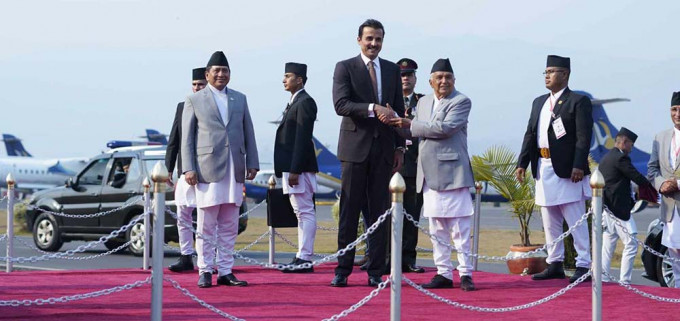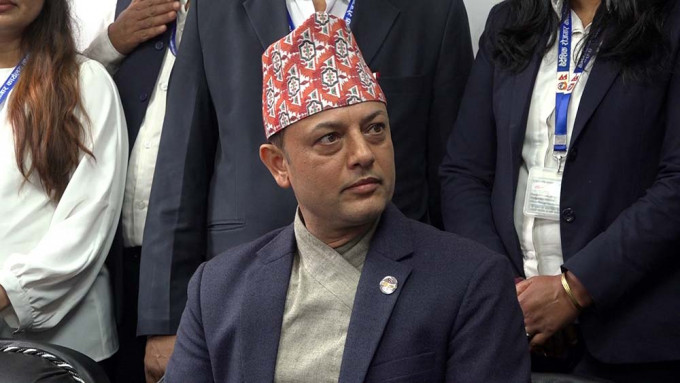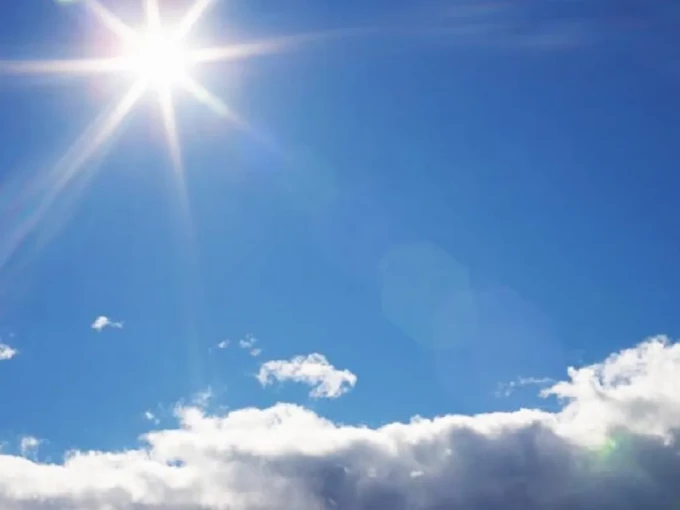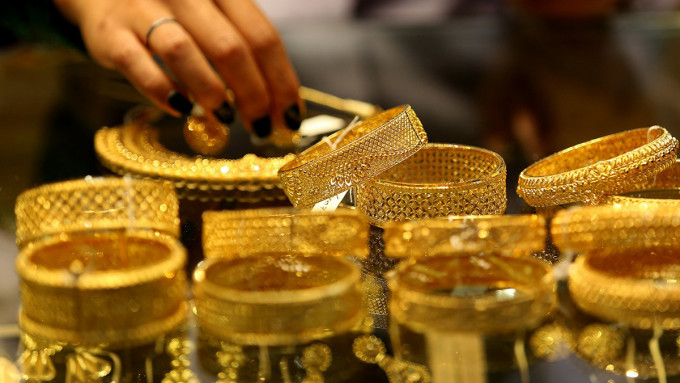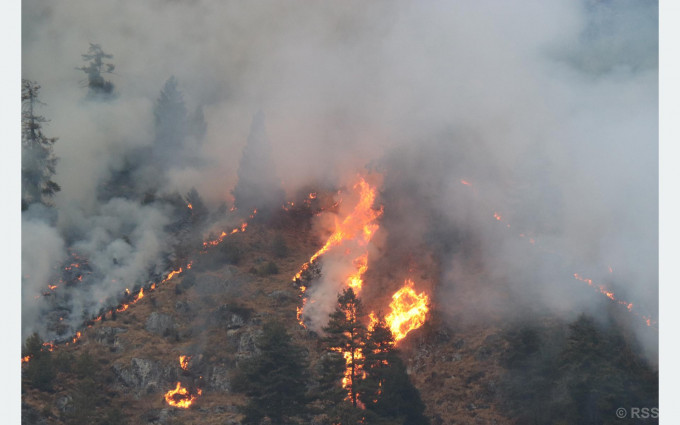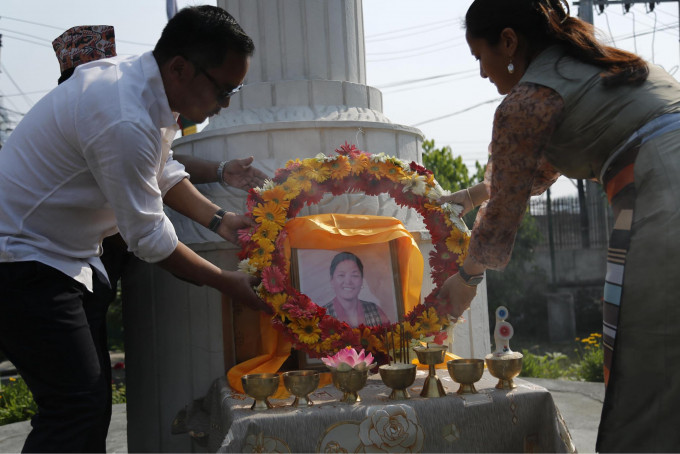Why is Lhosar celebrated?
Losar is one of the most important festivals celebrated in Nepal by ethnic groups such as Tamang, Gurung and Sherpa.
‘Lo’ means year or age, and ‘Sar’ means new or fresh.
So the full meaning of Losar is a new year or the beginning of a new era!
This is the festival where they welcome the ‘New Year’ denoted by their unisolar calendar which is also known as the Tibetan calendar that follows 12 years of ‘Lohokor’.
Losar is a festival celebrated on different days by different communities.
Tamu Losar is celebrated by the Gurung community, Sonam Lhosar is celebrated by Tamangs and Gyalpo Losar by the Sherpas.
Each of the Lhosar celebrated by each of the communities has its own traditions and religious values.
The Tamang community of Nepal, celebrates their Losar on the first full moon in the month of Magh.
And the way they celebrate their new year is similar to the Tibetan community where they follow the Tibetan calendar made up of 12 lunar months.
The community has a tradition of counting years with association of 12 different animals which starts with Rat and ends with Boar.
President of Nepal Rashtriya Tamang Ghedung, Bir Bahadur Yojon, says, “This year is the ‘Ox year of 2856’ according to the Manjushree Calendar. Tamangs celebrate their Losar from the eve by preparing their traditional food called ‘Pani roti’ which is a kind of boiled bread. And on the day of Losar, they call a priest at home for some rituals and organise a cultural programme.”
Every year in Losar people used to gather at Tudikhel and celebrate with food and music!
But this year due to the coronavirus, big gatherings are not allowed.
But Bir Bahadur said, “There will be a celebration at Chapali in Budhanilkantha.’
What does Ox Year celebrate?
Since it is the Ox year, ox stands for hard work.
Oxen are the symbol of wealth, prosperity, diligence and perseverance.
It is said that a person born in the year of Ox is strong, fair, reliable, patient and can be trusted.
Ox years till now are, ‘1901, 1913, 1925, 1937, 1949, 1961, 1973, 1985, 1997, 2009, and 2021.’

